The Everyday Scheduling Strain
Endocrinology clinics operate under tight schedules.
Providers see patients with complex, chronic conditions that often require extended visits, labs, and follow-ups—all while balancing last-minute cancellations and referral backlogs.
Even small scheduling inefficiencies can ripple across the day: delayed check-ins, rushed visits, and longer wait times.
The result is stress for staff and frustration for patients.
AI is now transforming scheduling from a reactive process into a predictive, intelligent system that helps clinics plan smarter and flow smoother.
1. Predict Patient Demand and Visit Lengths
Traditional scheduling systems treat every appointment as identical—but endocrinology isn’t one-size-fits-all.
AI can analyze historical data to forecast which types of visits tend to run longer (for example, new diabetes consults) versus those that are typically shorter (routine thyroid follow-ups).
By understanding these patterns, clinics can automatically optimize slot lengths and provider availability—reducing overruns while improving patient access.
2. Automate Appointment Matching
AI scheduling assistants can match patients with the right provider, visit type, and time based on both clinical and operational data.
For example:
- Pairing insulin pump follow-ups with providers trained in device management
- Routing lab-dependent visits to mornings for faster turnaround
- Offering telehealth to patients with stable thyroid control
This precision makes scheduling efficient, personalized, and clinically aligned.
3. Reduce No-Shows and Late Arrivals
Missed appointments drain productivity.
AI can predict which patients are most likely to no-show based on history, communication preferences, or appointment type—and take action automatically.
That might mean sending reminders at the right time, offering rescheduling links, or even overbooking specific time slots strategically.
By turning insight into action, AI keeps the schedule full and predictable.
4. Coordinate Lab Work and Visit Timing
In endocrinology, labs drive decisions—but often come in late or out of sync with visits.
AI connects lab scheduling directly with appointment systems, ensuring tests are completed in advance and results are ready when patients arrive.
That means fewer rescheduled appointments, fewer delays, and more meaningful encounters between providers and patients.
5. Optimize Daily Clinic Flow
Beyond appointments, AI helps orchestrate the rhythm of the clinic day.
It can track check-in times, room utilization, and patient movement—identifying bottlenecks in real time.
If one provider is running behind, AI can adjust subsequent appointments or alert staff to redistribute patients dynamically.
The result: smoother flow, happier patients, and less end-of-day fatigue.
Why Endocrinology Clinics Choose Honey Health for Scheduling and Flow Optimization
Honey Health helps endocrine practices turn scheduling chaos into organized, data-driven flow.
Its AI platform integrates directly with EHRs and scheduling tools to predict demand, prevent no-shows, and align labs, visits, and staff in perfect sync.
Key advantages include:
- Predictive Scheduling: Adapts to real visit durations and patient patterns.
- Smart Matching: Routes patients to the right provider and time automatically.
- No-Show Prevention: Identifies and mitigates risk proactively.
- Lab Coordination: Syncs testing and follow-up seamlessly.
- Real-Time Flow Management: Detects and resolves bottlenecks instantly.
With Honey Health, efficiency becomes invisible—because everything just works.
Smooth Operations Create Better Care
A well-run schedule doesn’t just benefit the clinic—it benefits patients.
When appointments start on time and follow-ups align perfectly, care feels personal and professional.
AI makes that possible by turning logistics into intelligence, ensuring that every visit feels effortless—for both providers and patients.
In endocrinology, where precision is everything, Honey Health helps deliver it from the waiting room to the last note.

